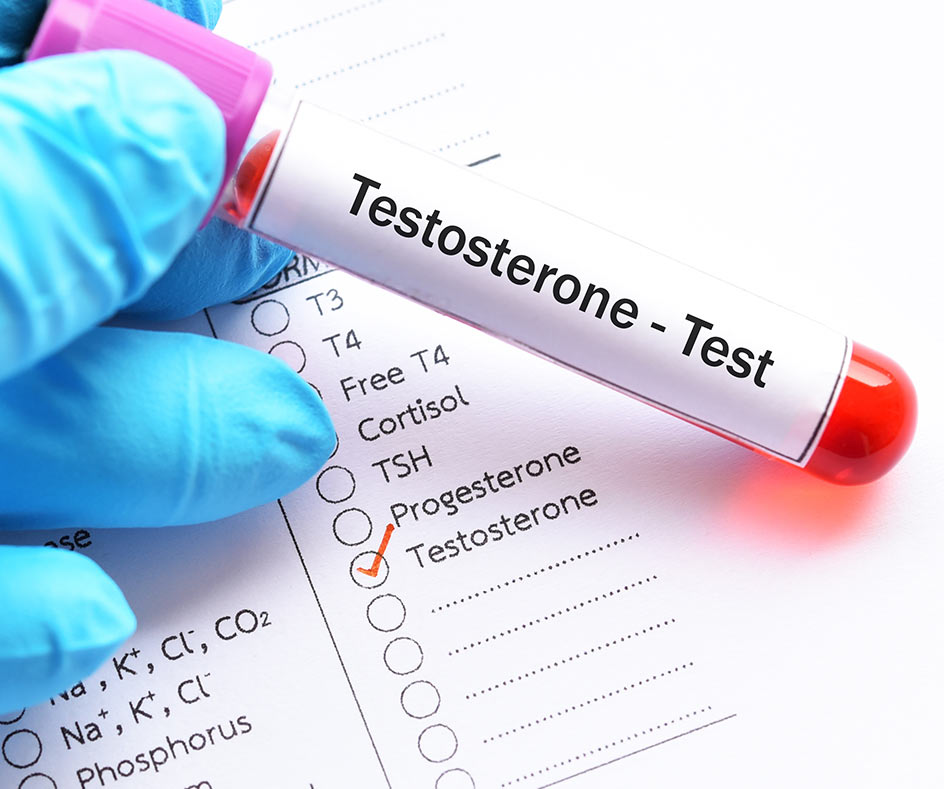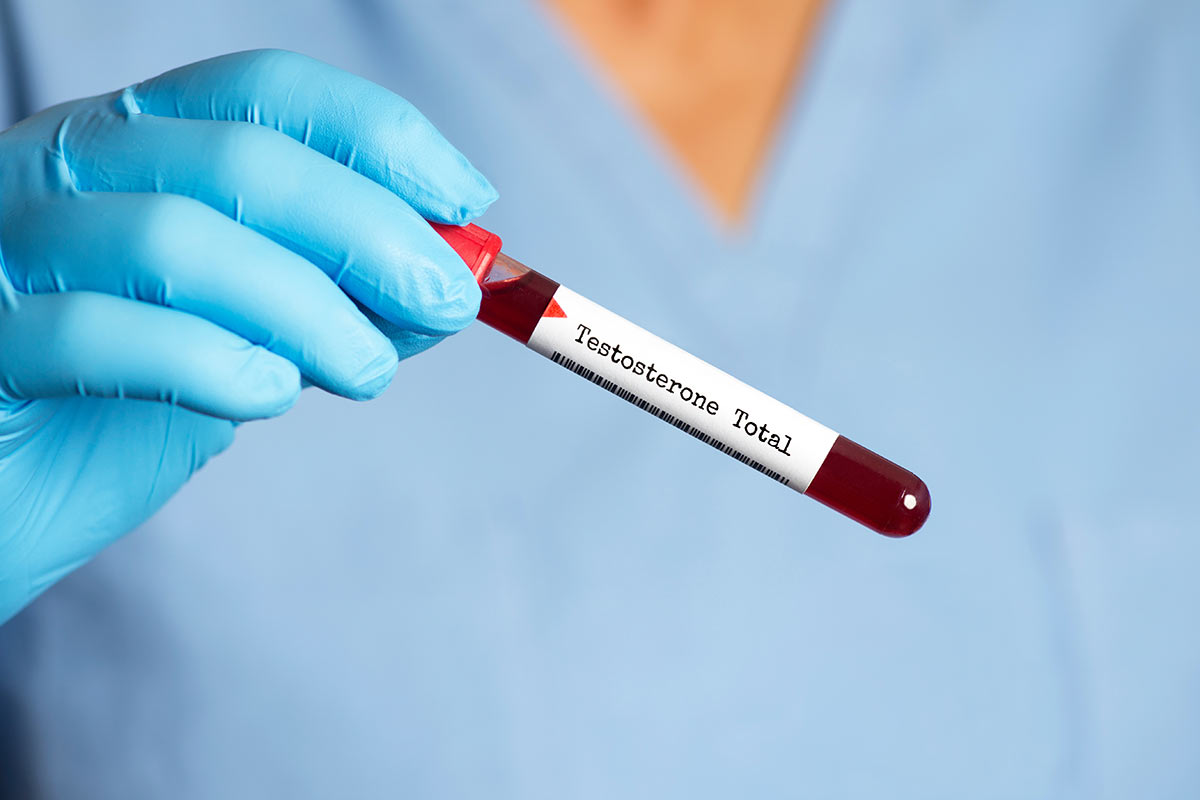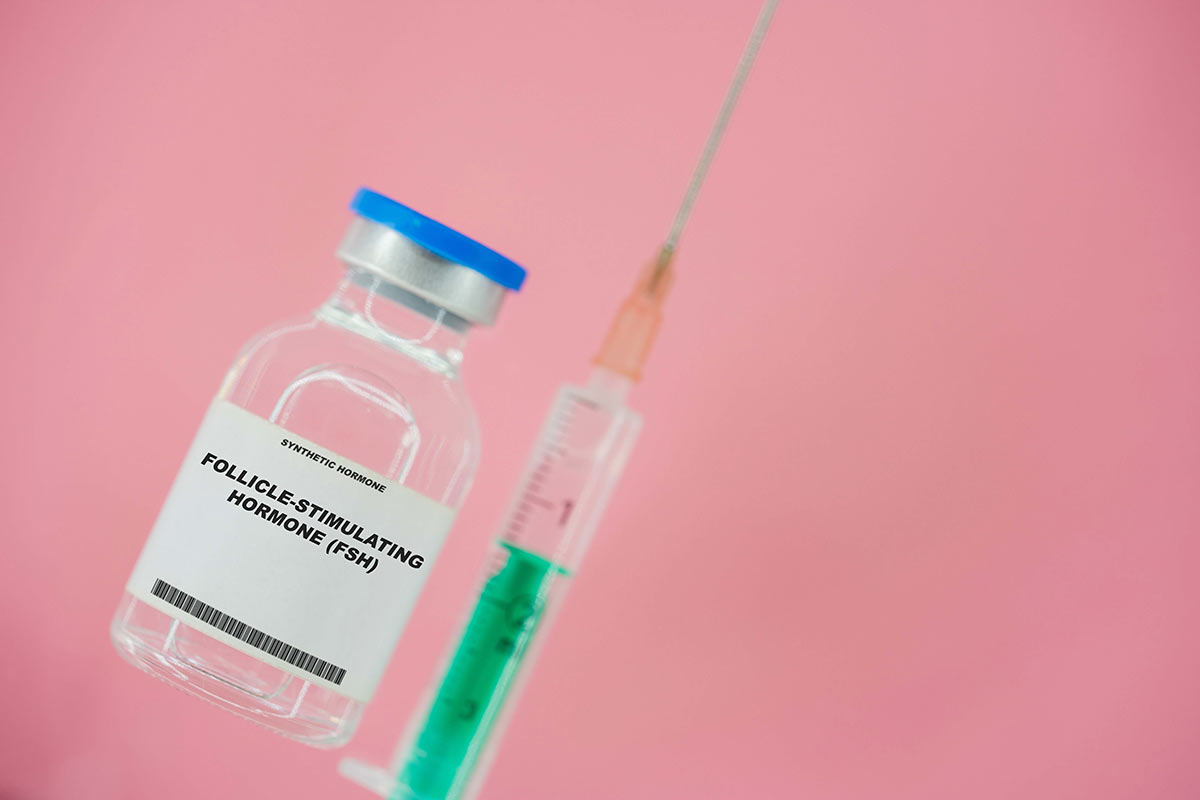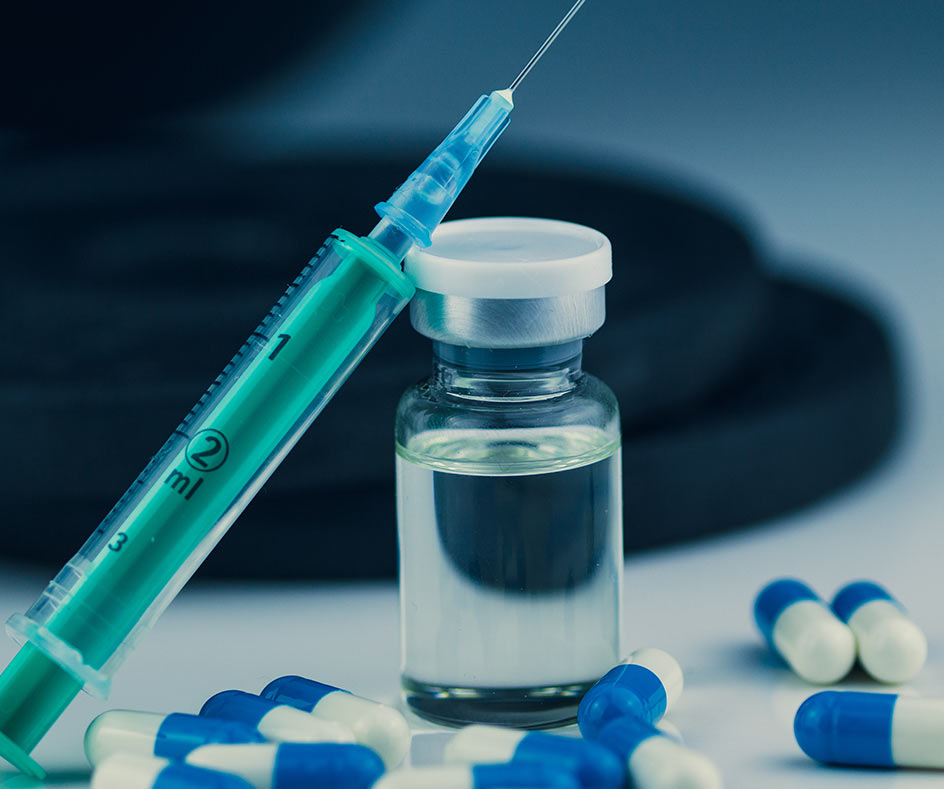Located at 20 Old Brompton Road – Just Steps from ![]() South Kensington Tube. Easy Access, Always.
South Kensington Tube. Easy Access, Always.
A testosterone blood test checks the levels of testosterone in the blood. Low testosterone levels often lead to symptoms such as muscle loss, low sexual desire, and reduced energy. Regular testing allows you to know your testosterone level and make changes in diet or exercise to boost insufficient testosterone levels.
Keeping track of your testosterone levels over time will also help you know if your testosterone level decreases faster as you grow older and can provide you with the information required to make a timely intervention.
If you are undergoing testosterone replacement therapy (TRT), a testosterone blood test will help check if your testosterone is in the normal range. This is important for women to know if their testosterone level is high, indicating polycystic ovarian syndrome (PCOS).

This indicates the total testosterone in the blood. If the total testosterone is low, you may experience low sexual libido, low mood, and reduced muscle mass and strength.
This is the amount of free testosterone the body uses. In some cases, total testosterone can be normal, but the free testosterone will be low. In this case, men with a low free testosterone experience the same symptoms as men with low total testosterone.
This occurs because of elevated levels of hormones such as (SHBG (sex-binding hormone globulin), which binds to testosterone. It prevents the body from using testosterone.

It is a female hormone but is present in men in a small amount. Increased levels of oestradiol in men can cause symptoms similar to low testosterone.
Higher prolactin levels in men often cause low sexual desire and erectile dysfunction.
LH triggers the testicles to produce testosterone, which is vital for producing sperm. Low LH hormones indicate issues with the sperm.

FSH is one of the hormones important in puberty development and the functioning of the testes and ovaries in women.
The liver produces albumin.
SHGB is the protein produced by the liver. It binds to testosterone.
It measures red blood cell percentage to the total blood volume. A low haematocrit indicates a nutritional deficiency, anaemia and several disorders.

This gland produces hormones that regulate brain development, metabolic rate, heart and digestive function, maintain mood, and control muscle and bone development.
People with vitamin D deficiency are likely to develop respiratory infections such as colds and bronchitis, depression, impaired wound healing, bone and back pain, bone weakness, hair loss, muscle pain, depression and fatigue
Different conditions lead to an increased level of vitamin B12. They include liver diseases such as cirrhosis or hepatitis and myeloproliferative disorders such as polycythemia vera and myelogenous leukaemia.
Other conditions such as celiac disease, Crohn’s disease, parasites, bacteria growth, immune system disorders, and pernicious anaemia can cause vitamin B12 deficiency.

Folate deficiency may result in problems with heart conditions, temporary infertility, pregnancy complications and heart conditions.
Elevated levels of HbA1C occur in people with persistently elevated blood sugar, an indication of diabetes.

Testosterone is the male hormone that aids the development and maintenance of male sexual characteristics and function. When the blood testosterone level is within the normal range, it maintains fertility and sex drive in men.
Research shows that a normal blood testosterone level also maintains psychological health. It also maintains bone mass, healthy energy levels and muscle mass.
If your blood testosterone level reduces or the body doesn’t effectively process testosterone level, you may experience andropause, testosterone deficiency syndrome or menopause.

You can choose a test from our wide range of blood tests.
You will visit our clinic for your blood draw
We will send your result via email.
We also provide the following tests.

You can call us on 020 7043 4317 to book an appointment for your testosterone test. Our doctor will advise you on the most suitable test, and we offer different blood tests in London.